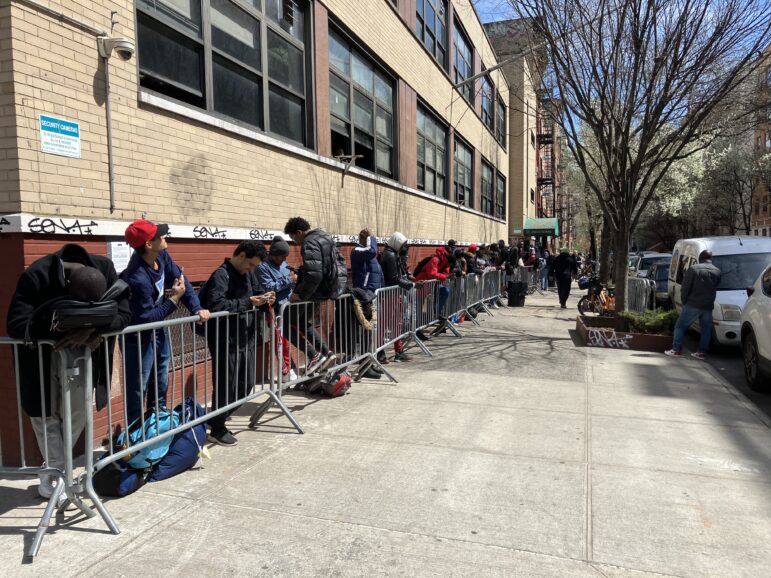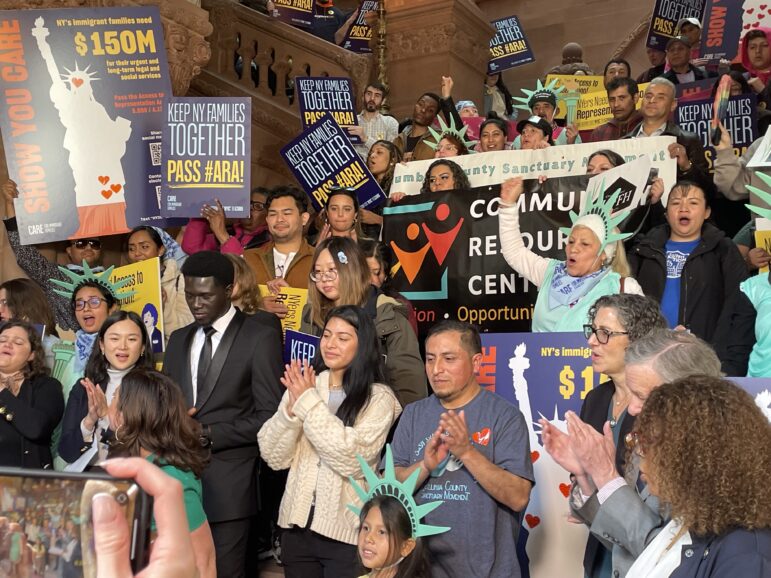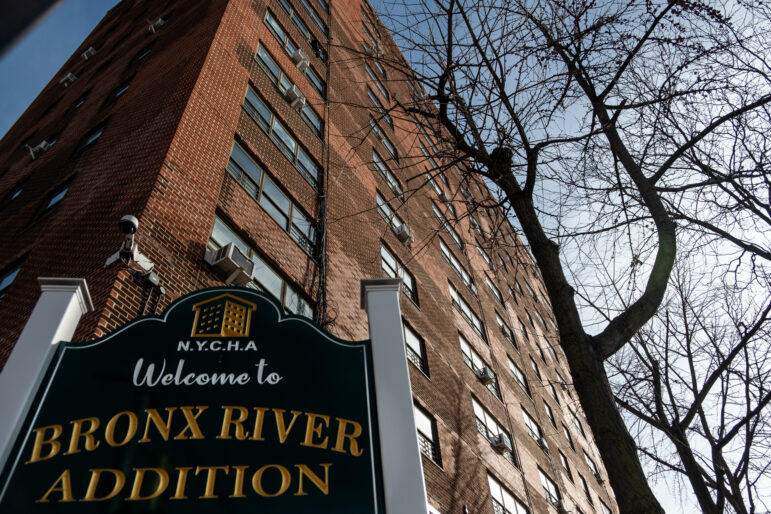
The City Council on Thursday passed three measures meant to protect tenants from pressure to agree to buyouts—cash payments for renters who give up stabilized units. Other news accounts have reported the passage, but for those interested in the nitty-gritty details:
Intro. 682 would make it an act of harassment for a landlord to make a buyout offer using threatening or obscene language, misrepresent any facts, contact a tenant at work or make the offer “with such frequency, at such unusual hours or in such a manner as can reasonably be expected to abuse or harass such person.”
Intro. 700 would require landlords to put their buyout offers in writing, detailing “the purpose of such contact … that such person may reject any such offer and may continue to occupy such dwelling unit … that such person may seek the guidance of an attorney regarding any such offer and may, for information on accessing legal services, refer to The ABCs of Housing guide on the department’s website … that such contact is made by or on behalf of such owner, and … that such person may, in writing, refuse any such contact and such refusal would bar such contact for 180 days, except that the owner may contact such person regarding such an offer if given express permission by a court of competent jurisdiction or if notified in writing by such person of an interest in receiving such an offer.”
Intro 757 would bar owners from making repeated buyout offers if the renter has told the landlord, in writing, that he or she is not interested, “except that the owner may contact such person regarding such an offer if given express permission by a court of competent jurisdiction or if notified in writing by such person of an interest in receiving such an offer.”
All three measures passed with but one negative vote, from Staten Island Republican Councilman Steven Matteo.
City Limits broke the buyouts story last year. While there are no statistics on how common the offers are, there’s anecdotal evidence that their frequency is increasing as more neighborhoods gentrify. Rent stabilization laws permit landlords to raise legal rents when a regulated apartment is vacated, and each rent hike pushes a unit closer to the threshold for “high-rent vacancy destabilization” (sometimes referred to as “vacancy decontrol”), a mechanism that has drained tens of thousands of units from the stabilization system over the past two decades.
As with all deals, there’s a caveat emptor side to this story: Sometimes tenants willingly take buyout deals without fully considering whether it makes sense to give up a stabilized apartment; even a generous lump-sum payment may not cover the rent increase they’re likely to face. Surely, some tenants willingly take buyout deals that work out for them.
But other tenants report feeling pressured or harassed to take buyout deals, perhaps with a subtle or not so subtle suggestion that if they don’t say “yes” maintenance will be deferred or eviction will be sought.









2 thoughts on “Background to the Council’s Three Tenant Buyout Bills”
The record of Mayor de Blasio on Latino inclusion in his administration around housing has been a
source of an on-going nearly two year controversy. Howard Jordan of The Jordan Journal
heard Fridays 3-5 p.m. on WBAI interviews Gerson Borrero Editor-at-large of City and State, Javier Nieves of the Campaign for Fair Latinos Representation, and Robert Perez, Deputy Commissioner of Community Affairs for de Blasio. Last week this debate came to a head when the Mayor was booed at the Dominican Day Parade and City/State published a column by Borrero entitled “Latino Heat on de Blasio Brings “Kitchen Cabinet” Meeting to City Hall” (August 12 cityandstateny.com) with questionable denials from City Hall. The controversy grew when Arnie Segarra, former Special Assistant to Mayor Dinkins appeared on
NY1’s Inside City Hall offering a dismal defense of the Mayor’s record on housing and Latinos. To listen to the interviews press or type link into your address bar http://bit.ly/1Nje5Si
Will these survive the new strict scrutiny standard of Reed vs Town of Gilbert? There’s a similar set of new bills in SF that have been held up for the same reason.